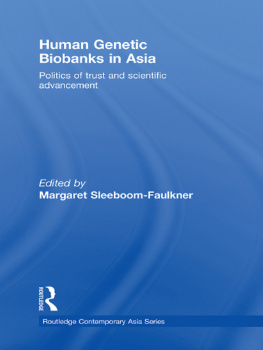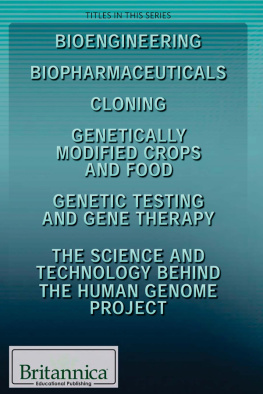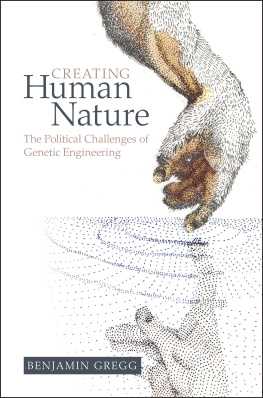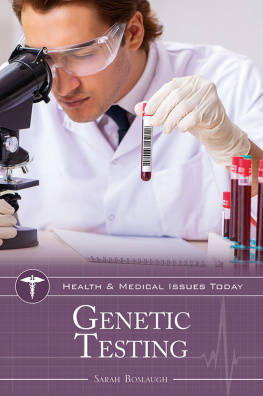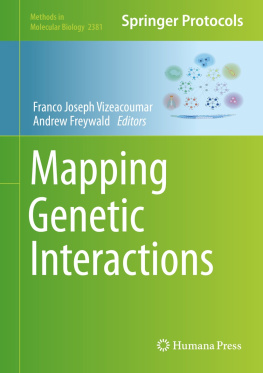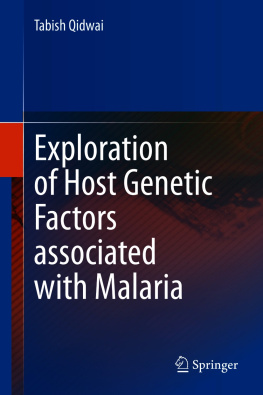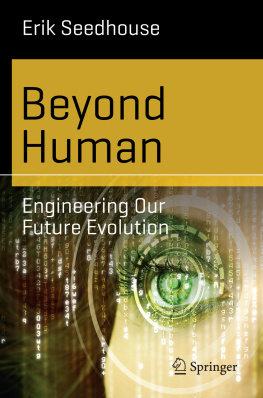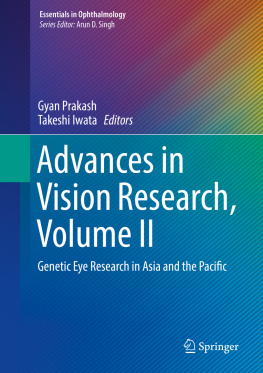Human Genetic Biobanks in Asia
This volume investigates human genetic biobanking and its regulation in various Asian countries and areas, including Japan, Mainland China, Taiwan, Hong Kong, India and Indonesia. It sheds light on how cultural, socio-political and economic factors influence the set-up of bioethical regulation for human genetic biobanks and how bioethical sensitivities surrounding biobanks are handled.
Apart from placing discourses of trust in an international perspective, the comparative materials presented in this volume also put into perspective the concepts of genetic theft and exploitation, and genetic wealth and trust. This collection contains case studies of biobanking practices in societies with different needs and welfare levels, and provides insights into government strategies towards genetic resources by examining bioethics as practised at home.
Margaret Sleeboom-Faulkner is Reader in Anthropology at the University of Sussex.
Routledge Contemporary Asia Series
- Taiwan and Post-Communist Europe
Shopping for allies
Czeslaw Tubilewicz - The Asia-Europe Meeting
The theory and practice of interregionalism
Alfredo C. Robles, Jr - Islamic Legitimacy in a Plural Asia
Edited by Anthony Reid and Michael Gilsenan - Asian-European Relations
Building blocks for global governance?
Edited by Jrgen Rland, Gunter Schubert, Gnter Schucher and Cornelia Storz - Taiwans Environmental Struggle
Toward a green silicon island
Jack F. Williams and Chang-yi David Chang - Taiwans Relations with Mainland China
A tail wagging two dogs
Su Chi - The Politics of Civic Space in Asia
Building urban communities Civic Space in Asia Edited by Amrita Daniere and Mike Douglass - Trade and Contemporary Society along the Silk Road
An ethno-history of Ladakh
Jacqueline Fewkes - Lessons from the Asian Financial Crisis
Edited by Richard Carney - Kim Jong IIs Leadership of North Korea
Jae-Cheon Lim - Education as a Political Tool in Asia
Edited by Marie Lall and Edward Vickers - Human Genetic Biobanks in Asia
Politics of trust and scientific advancement
Edited by Margaret Sleeboom-Faulkner
Human Genetic Biobanks in Asia
Politics of trust and scientific advancement
Edited by
Margaret Sleeboom-Faulkner
First published 2009
by Routledge
2 Park Square, Milton Park, Abingdon, Oxon OX14 4RN
Simultaneously published in the USA and Canada
by Routledge
270 Madison Ave, New York, NY 10016
Routledge is an imprint of the Taylor & Francis Group, an informa business
This edition published in the Taylor & Francis e-Library, 2008.
To purchase your own copy of this or any of Taylor & Francis or Routledges collection of thousands of eBooks please go to www.eBookstore.tandf.co.uk.
2009 Editorial selection and matter, Margaret Sleeboom-Faulkner; individual chapters, the contributors
All rights reserved. No part of this book may be reprinted or reproduced or utilised in any form or by any electronic, mechanical, or other means, now known or hereafter invented, including photocopying and recording, or in any information storage or retrieval system, without permission in writing from the publishers.
British Library Cataloguing in Publication Data
A catalogue record for this book is available from the British Library
Library of Congress Cataloging in Publication Data
Human genetic biobanks in Asia: politics of trust and scientific advancement/edited by Margaret Sleeboom-Faulkner.
p. ; cm.(Routledge contemporary Asia series; 12)
Includes bibliographical references.
1. Human gene librariesAsia. 2. BiobanksAsia. 3. Human geneticsGovernment policyAsia. I. Sleeboom-Faulkner, Margaret, 1961 II. Series.
[DNLM: 1. Biological Specimen BanksethicsAsia. 2. Biological Specimen Bankslegislation & jurisprudenceAsia. 3. Cultural CharacteristicsAsia. 4. Databases, Nucleic AcidethicsAsia. 5. Databases, Nucleic Acidlegislation & jurisprudenceAsia. 6. Socioeconomic FactorsAsia. QU 23 H918 2009]
QH442.4.H86 2009
174.957095dc22 2008027933
ISBN 0-203-88460-4 Master e-book ISBN
ISBN10: 0-7103-1341-1 (hbk)
ISBN10: 0-203-88460-4 (ebk)
ISBN13: 978-0-7103-1341-6 (hbk)
ISBN13: 978-0-203-88460-7 (ebk)
Illustrations
Tables
Changes in the titles of the Declaration of Helsinki
Attitudes about different consent forms
The respondents attitudes towards the right to know
Arguments for family consent
Arguments against family consent
Figures
The degree of self-reported understanding of genetic diseases
Genetic information should be kept as confidential data
Should one use donors genetic materials for other research projects without further consent?
The number of people who had previously heard of biobanking
Do you support having a DNA biobank in Hong Kong?
If Hong Kong were to carry out research related to DNA biobanking, would you be willing to donate your DNA?
If the DNA were to be owned jointly by the donors and the researcher, would you be willing to donate your DNA?
If there were some type of reward for donating DNA, would you be willing to donate your DNA?
During the process of the research, would you be willing to let the DNA sample that you donate be used by other agencies or educational institutions participating on a collaborative basis?
Do you agree with the statement that having genetic diseases is something of which to be ashamed?
Would you discuss genetic diseases with your friends?
If one of your family members had a genetic disease, would you actively find out its cause?
If your child had a genetic disease, would you feel responsible for it?
If a child has problem reading and writing, what do you think might be the reason for the problem?
Contributors
Ho, Connie Department of Psychology, University of Hong Kong, Hong Kong.
Kumar, Nandini K. Indian Council of Medical Research, New Delhi, India.
Liu, Hung-En Department of Law, National Taipei University, Taipei, Taiwan.
Masui, Tohru JCRB Cell Bank, Division of Bioresources, National Institute of Biomedical Innovation, Osaka, Japan.
Patra, Prasanna Kumar International Institute for Asian Studies (IIAS), Leiden, The Netherlands.
Porter, Gerard AHRC Research Centre for Studies in Intellectual Property and Technology Law, School of Law, University of Edinburgh, Edinburgh, United Kingdom.
Sleeboom-Faulkner, Margaret Department of Anthropology, University of Sussex, Brighton, United Kingdom.
Sung, Wen-Ching Department of Anthropology, University of Toronto, Toronto, Canada.
Tai, Terence Hua Department of Philosophy, National Chengchi University, Taipei, Taiwan.
Waye, Mary Miu Yee Department of Biochemistry, Croucher Foundation of Human Genomics, Chinese University of Hong Kong, Hong Kong.
Zhang, Xinqing Center for Bioethics, Peking Union Medical College, Beijing, Peoples Republic of China.
Acknowledgements
This collection of case studies is the result of collaborative efforts of an international group of scientists and thinkers studying the impact of biobanking and the establishment of genetic databases on society. They have exerted great efforts, both linguistically and in the area of theorising the socio-economic and cultural dimensions of biobanking.

